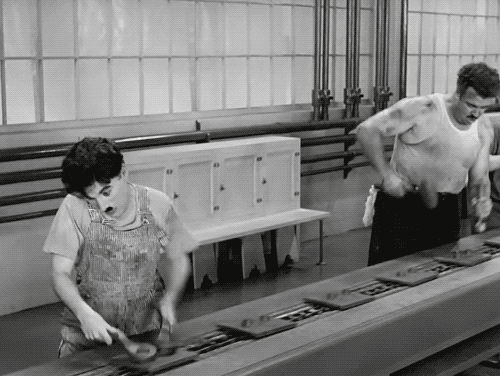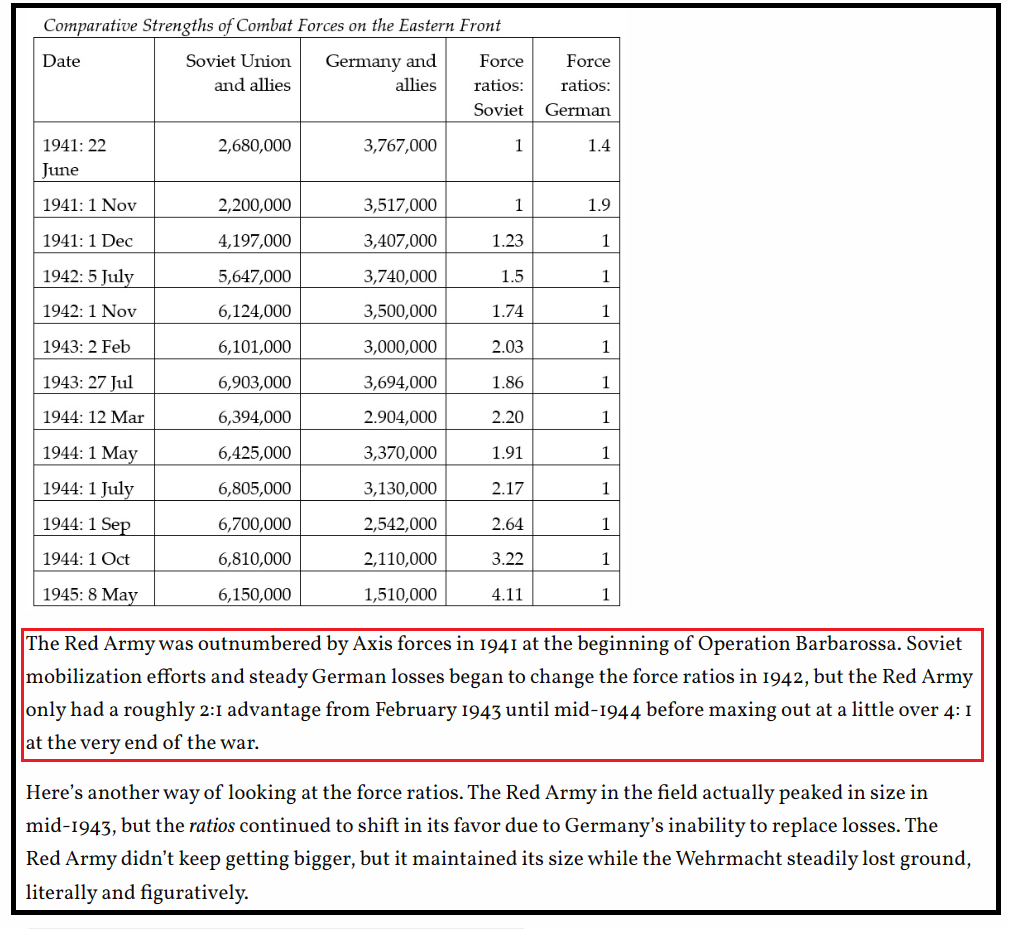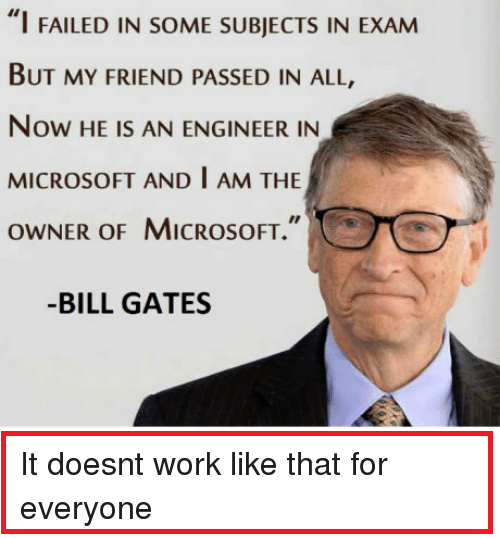Adam Smith is one of the most well-known figures of Economics, seen by some as “The Father of Economics”. In his book ‘The Wealth of Nations, Chapter 1 – The Division of Labour’ he talked about the pin factory. The production of a pin could be broken down into 18 distinct steps. If a worker did all the steps by himself, he could produce not more than 20 pins a day. However, by breaking down all the steps of the production process, such that each worker only concentrates on one step of the manufacturing process, then productivity per worker could be increased by at least 240 times.
As a side knowledge, the pins of his time were different from the pins we have today. Today we have the safety pins, the paper clips, the thumb tacks etc. Back then, pins were general multi-purpose tools which served a wide variety of functions, ranging from clipping papers to pinning the cloth on people’s clothes.
The mass production process we know of today follows the method of breaking down the manufacturing process into little steps, each handled by a human or a machine. Whenever we look at factory production on TV, we see that each human does a very simple and brainless job with great efficiency.

There are of course benefits and cost to this. The question is who does it benefit and to whom does the cost goes to?
The improvement to mass production is a necessity. With mass production, more people can be employed at a lower skill level, giving them the opportunities to earn an income. With mass production, things get produced at a cheaper and quicker rate, bringing to the masses a far wider variety of goods which would otherwise be much more expensive. Mass production drives the production rate up, which in turn drives the economic and ultimately the military strength of a country, something which we have discussed in earlier articles.
To side-track a bit, let us talk about the importance of production capabilities in war. Everyone knows Germany suffered defeat in the Soviet Union, but other than the harsh weather, there was one thing the Soviet Union won Germany – the mass production of military weaponry, such as tanks. Originally, Germany had superiority in numbers, but as the war dragged on, Germany was unable to replace their losses while the Soviets could continually maintain the size of their arsenal through mass production (it comes at a cost of course). This resulted in the force ratio tilting in favour of the Soviets until it finally reached a 4:1 ratio in favour of the Red Army. If you have 4 new tanks shooting 1 repaired tank, it does not take a genius to figure out who will win. Not every German soldier is a Gundam pilot.

We go back to the original topic. On the flip side of mass production, the need for skilled workers has been greatly reduced. The skilled labourer who could complete all 18 steps of the pin-making process was no longer needed. In modern context, unless one has more refined needs such as a bespoke tailored suit, the masses would go for cheaper mass-produced clothing. The masses do not need top quality goods. They need affordable, value-for-money goods which could sustain and fulfil their basic needs.
Fire can be used to cook and give us warmth, but also be used to pillage a village or city. A blade can be used for cooking and tree-chopping, but also be used as a weapon of war. A tool is a tool, but its usage depends on the person who wields it. Just like any other tool, mass production can be used for the benefit of mankind, and also for the big corporations to exert further control on society.
In modern times, production of goods is generally done by machines, although in backward countries sometimes manual labour is still used. But production is not only for tangible goods. Services and non-tangible goods also go through the same method of mass production.
For example in big MNCs, jobs are naturally segregated to a very minute scope. We first categorise by departments, eg HR, procurement, finance, sales, operations etc. Take Finance for example, we further sort by units such as payroll, fixed assets, revenue, cost etc. Fixed assets can be further sorted down even more depending on the needs and scale of the company. The division of labour is done so well to the point that the job scope for each person is so easily understandable and doable that we now have this situation – that people all over the world are doing a job totally unrelated to their field of study. An engineering student can do a finance job, and they can even tell you engineering students are preferred for finance roles because of their logical thinking. A psychology graduate can work in city planning. A business student can be a legal assistant. The list goes on.
The division of labour has made it such that everyone can replace anyone in a very wide range of work. Everyone is dispensable. Everyone is replaceable. And so, you do not command a high salary. “If you are not willing to do it, there are many others queuing up for your job” is a line which every worker hates but knows so well deep in our bones. Such a system also drives down the cost of production as each labourer excels at his own minute tasks, resulting in a higher production rate. For the boss, mass production is such a wonderful thing. From the standpoint of a common worker, this brings another issue – the loss of bargaining power.
We take chefs for example. Every restaurant has a chef and bigger restaurants has a master chef, or the head chef. The main chef holds a lot of bargaining power as the quantity and quality of the dishes significantly impacts the restaurant. That is why in real life and in TV, you sometimes see head chefs being demanding and showing a ton of unnecessary attitude. Of course while there are many good chefs around, it does not change the fact that to a large extent, the restaurant is much at the mercy of the chef. The reason is very simple – the chef has the hard skills necessary to produce the necessary results, which few others can replicate.

There are many jobs which require hard skills, such as a doctor and a truck driver. A doctor has a hard skill which few others have, but a truck driver has a hard skill which many others have. Although the level of your skills determines your bargaining power, it is evident that hard skills bring you more bargaining power than having no skills at all.
At this juncture there will be people who jump out and say: “Soft skills is also a skill, and it is often times more important than hard skills.” Soft skills are skills like negotiating power, leadership capabilities, coordination abilities etc. While it is true that any skill, if honed to a very high level, is a unique and powerful skill by itself, but who are the people who tell you that soft skills are just as important, if not more important than hard skills?
2 types of people come to mind – entrepreneurs and mediocre people who have no hard skills themselves.
People who have no hard skills themselves will not admit that they are incompetent. I am not talking about people whose soft skills are honed enough to be earning them a lot of money – such as a negotiator. I am talking about average people like you and me. People who are not good enough or are too lazy to learn a hard skill will tell you that soft skills work just as well, and even spout nonsense such as IQ (or hard skills) will get you a job but only EQ (or soft skills) will get you far. But such mediocre people will remain mediocre, even in the realm of soft skills. What they are saying is purely to justify their own inaction or incompetence, and to drag others down to be on the same level as them.
Entrepreneurs are the next set of people who tell you that. Because what entrepreneurs want are not expensive skilled workers who know everything, but easily replaceable and controllable cheap labour who are very good at doing a few minute tasks. The benefits of them doing so have been explained above.

For a very long time, I too, fell into the trap. I was, and still am mediocre with no hard skills. I fell into the trap of thinking if I am to go for financial freedom, then I should not be learning about hard skills but focus on entrepreneurship skills, which include problem solving capabilities, organisation skills and so on. Despite it being a logic full of flaws, I was blinded because I was mediocre and did not want to admit it, nor did I want to take the effort to learn.
But if we look around us, having a hard skill does not conflict with you running a business and getting financial freedom. Doctors set up private practices. Interior designers set up their own firms. Architects set up their own consultancy companies. Elon Musk knows programming. Of course, to be on the level of Bill Gates and Elon Musk, you need more than just hard skills.
Hard skills does not conflict with your pursuit of freedom. In the event you fail, you still have a high bargaining power as a worker. Learn a hard skill, as I have learnt the hard way. Do not settle for being a little screw in the whole machinery and tell yourself that each part is important because without each small part, the whole machinery will collapse. That can be true, but it is also true that you are not necessary to function as that small screw. Any demand by the small screw in the big machinery will only be met with one response: Go screw yourself.
Change. Learn a hard skill, as I am doing now. Only when you can survive anywhere, can you consider yourself to have achieved freedom. And a set of hard skills is the first solid step towards it.
Showing 1 - 3 out of 3
Page 1 out of 1
| - | Shop Products | Price | |
|---|---|---|---|
|
|
$99,999.00
|
||
|
|
$1.00
|
||
|
|
Price range: $69.00 through $99.00
|



It definitely pays to specialize in your field by developing hard skills. As you say, then you can work anywhere!
Learning a hard skill is good advice! A very interesting post. It’s given me a lot to think about. Thanks!
It is interesting to see how industry has changed society so much over the last couple hundred years. Skills and the necessities for different types of workers always seems very fluid.